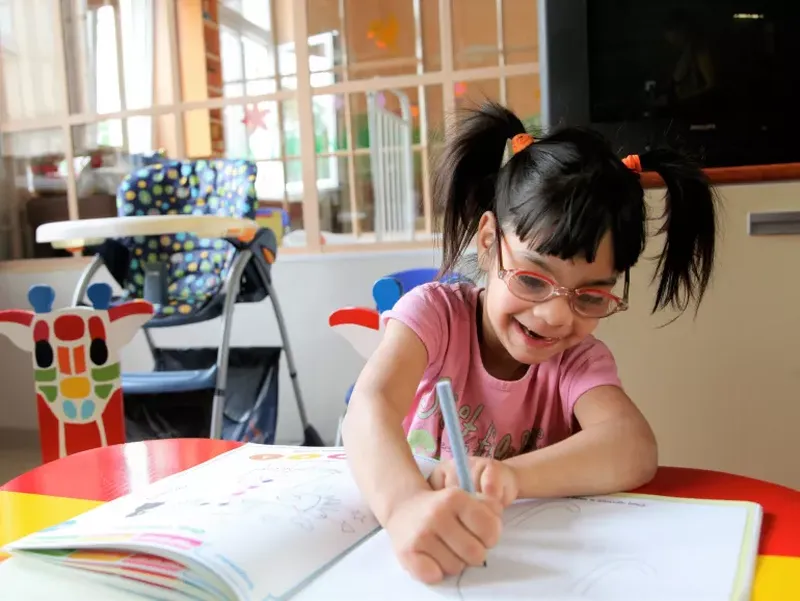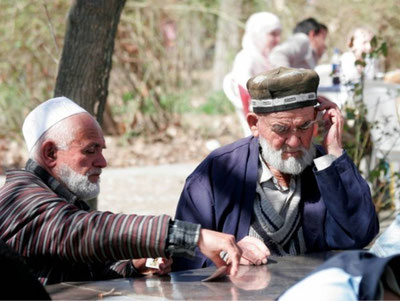Experts from the Institute for Macroeconomic and Regional Research under the Cabinet of Ministers of the Republic of Uzbekistan have studied how the socio-economic status of families affects the academic performance of their children.
Education and its quality are closely linked to economic development. According to the theory of human capital, knowledge, skill, and the level of education are important factors in human capital which, in turn, positively affect economic development (Becker 1964, Gennaioli et al. 2012). Researchers emphasize that in economic development, not the years spent on education, but the quality of education is of paramount importance (Angrist et al. 2021). This, in turn, indicates that long-term development can be achieved by reducing disparities in the quality of education (Piao 2024).
The study used the results obtained through the PISA-2022 survey in Uzbekistan. The survey, representing responses from 15-year-old students across various regions of our country, covers a database created based on 202 schools and 7293 students.
During the study, the experts of the IRMER obtained the following results:
- When households are grouped according to the socio-economic background of the family, children from families in the top decile showed higher scores by 43.7 points in mathematics, 39.8 points in reading, and 36.7 points in science compared to children from families in the bottom decile.
According to the research results based on the RepEst module, a one-unit improvement in the socio-economic status index increases the scores by 9.5 points in mathematics, 9.2 points in reading, and 7.9 points in science.
- Students who do not do their homework, according to their socio-economic background, constitute 6.7 percent of children from families in the bottom decile and 3.3 percent of children from families in the top decile.
During the school week, students aged 15 who work for pay, according to their socio-economic background, constitute approximately one in three children from families in the bottom decile and one in four children from families in the top decile.
According to the analysis results, not doing homework decreases the PISA test scores by an average of 16 points, while working for pay reduces it by 37 points.
- Students who do not have breakfast before school during the school week, according to their socio-economic background, constitute 13.6 percent of children from families in the bottom decile and 9.5 percent of children from families in the top decile.
During the analysis, it was found that not having breakfast before school reduces the PISA test scores by an average of 20 points. Not having breakfast affects more the children of poorer families, who score 34 points less compared to the children of high-income families who do not have breakfast.
Recommendations:
The state education legislation should define targeted indicators through the results of international tests and, at the same time, across groups (children of high- and low-income families, urban-rural, and so on). A universal set of indicators forms based on the high achievement of a certain group, leading to an increase in the average value and an increase in disparities in education.
Free school lunches in Uzbekistan were shown to increase attendance by 8 percent. Taking into account this evidence and the results of the above analysis, it is suggested that schools located in areas where families in need of social protection live should sin






